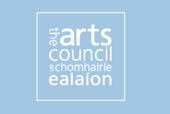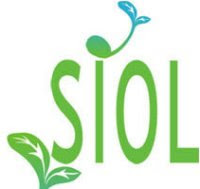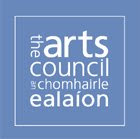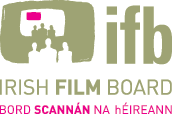 Members of the Irish Playwrights and Screenwriters Guild are invited to nominate Irish writers for the second ZeBBies Awards in the following four categories:
Members of the Irish Playwrights and Screenwriters Guild are invited to nominate Irish writers for the second ZeBBies Awards in the following four categories:
- Best Radio script
- Best Film script
- Best Television script
- Best Theatre script
The ZeBBies are annual awards created by the Guild — named in honour of
O. Z. Whitehead — to acknowledge the best script(s) written by Irish playwrights and screenwriters during the previous year.
To qualify each project must have been:
- Released to an Irish audience in the period between the 1 July, 2007 — 30 June, 2008
- Written by an Irish writer, or a writer normally resident in Ireland
A master list of qualifying work is available on the
Guild website. Despite our best efforts there may be errors or ommissions in the list. Please
inform us of any corrections.
Please send us a
maximum of
three nominations in
each of the
four categories, however you can offer fewer or no nominations in any of the categories if you wish.
The closing date for receipt of nominations is next
Friday, the
17th October at 17.30.
Nominations can be made by
post, by
hand, or by
e-mail (contact details below). All members — full or associate — of the Guild are entitled to nominate.
The short-list of nominated scripts will be available to all current members for reading and voting via the guild website during November.
Tickets for the Awards Ceremony, which will take place on
Tuesday 25th November, will be on sale from the middle of next week:
numbers are limited, so please purchase quickly to avoid disappointment.
Contact DetailsThe Irish Playwrights and Screenwriters Guild
Phone: 01-670-9970
E-mail: zebbies@script.ieAddress: Art House, Curved Street, Temple Bar, Dublin 2.
 Skunk Fu!, the children's animated television show, produced by the Irish company Cartoon Saloon with Telegael and Cake Entertainment, has been nominated for a Children's BAFTA in the Animation category.
Skunk Fu!, the children's animated television show, produced by the Irish company Cartoon Saloon with Telegael and Cake Entertainment, has been nominated for a Children's BAFTA in the Animation category.






























